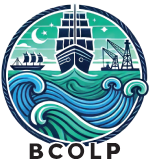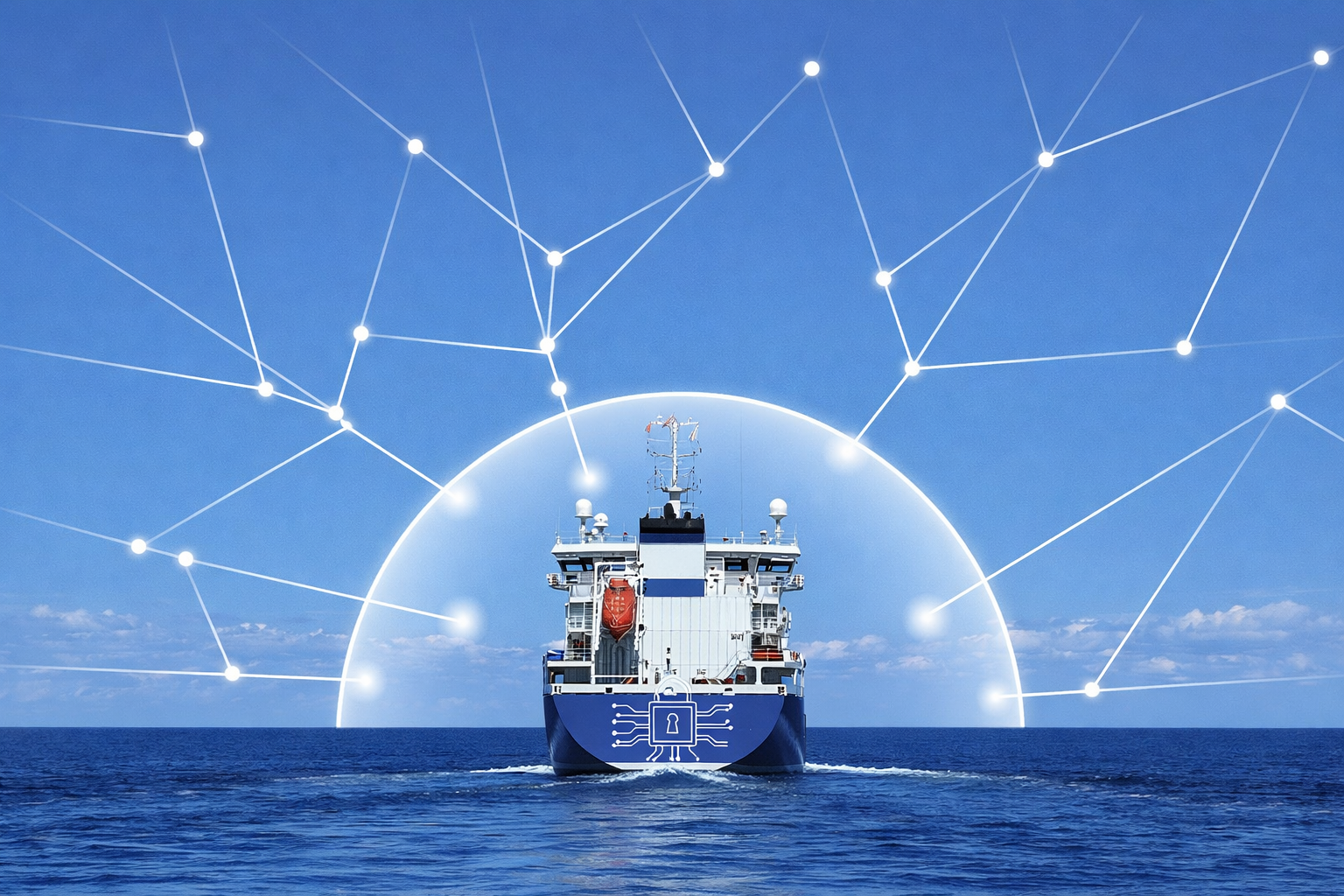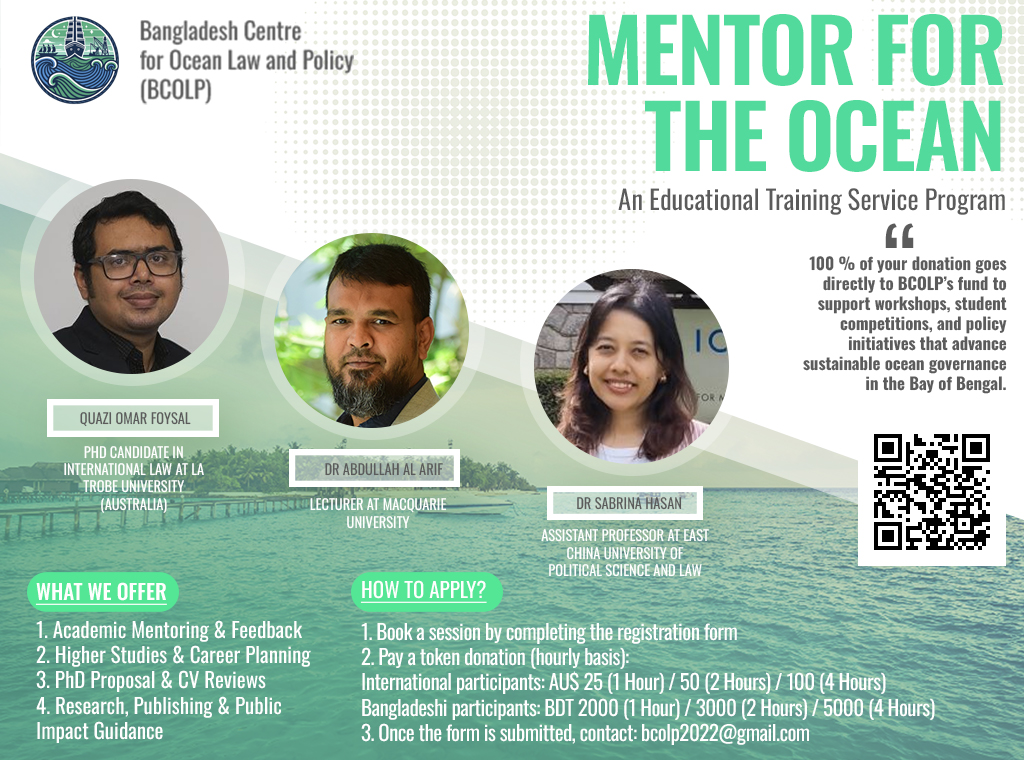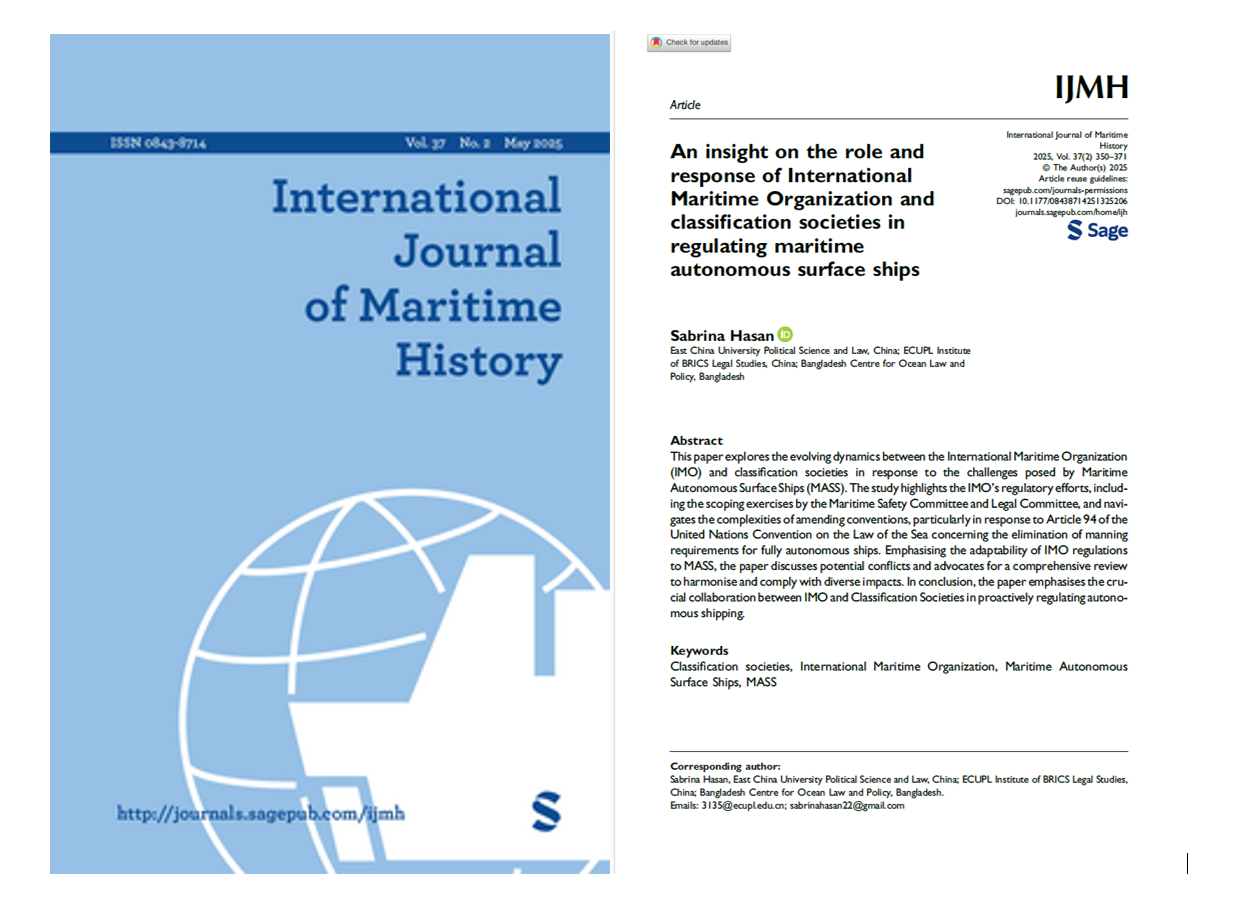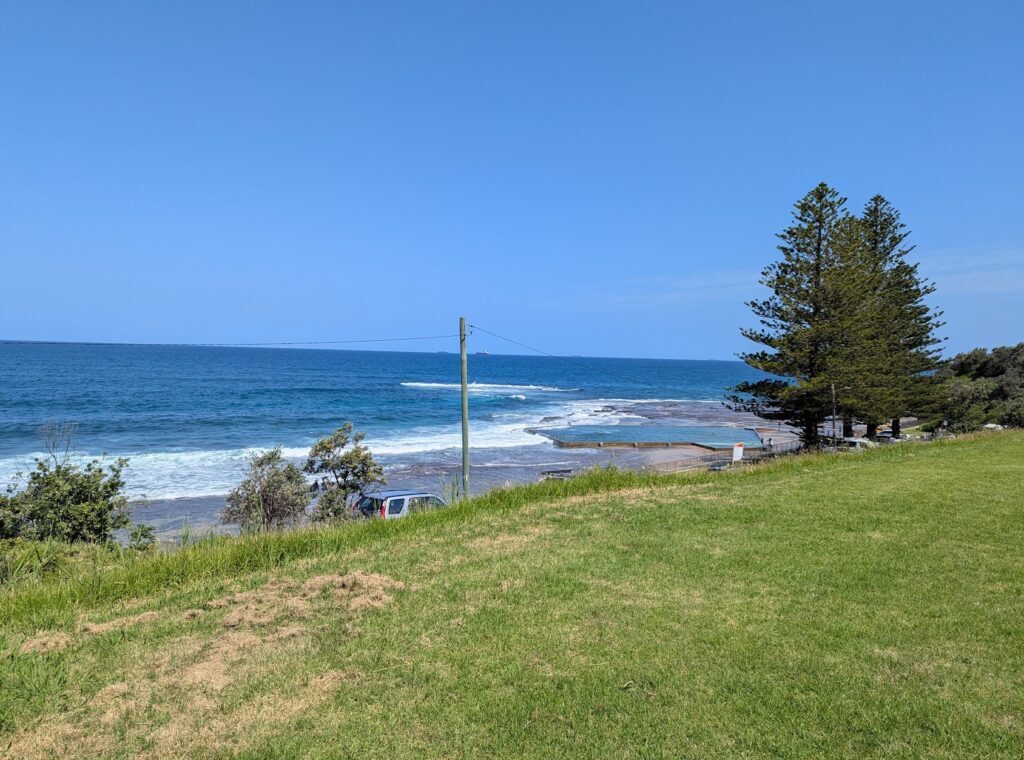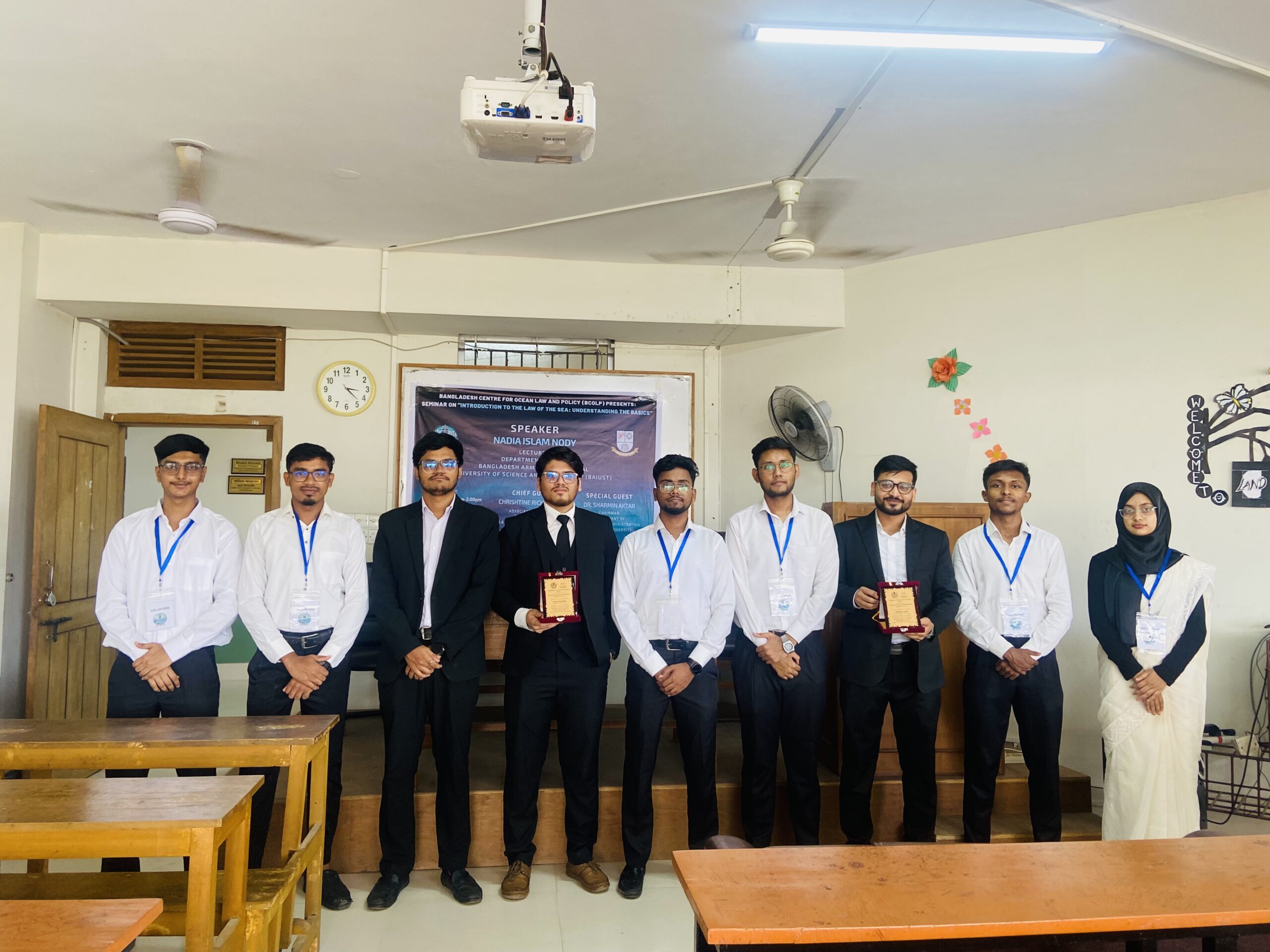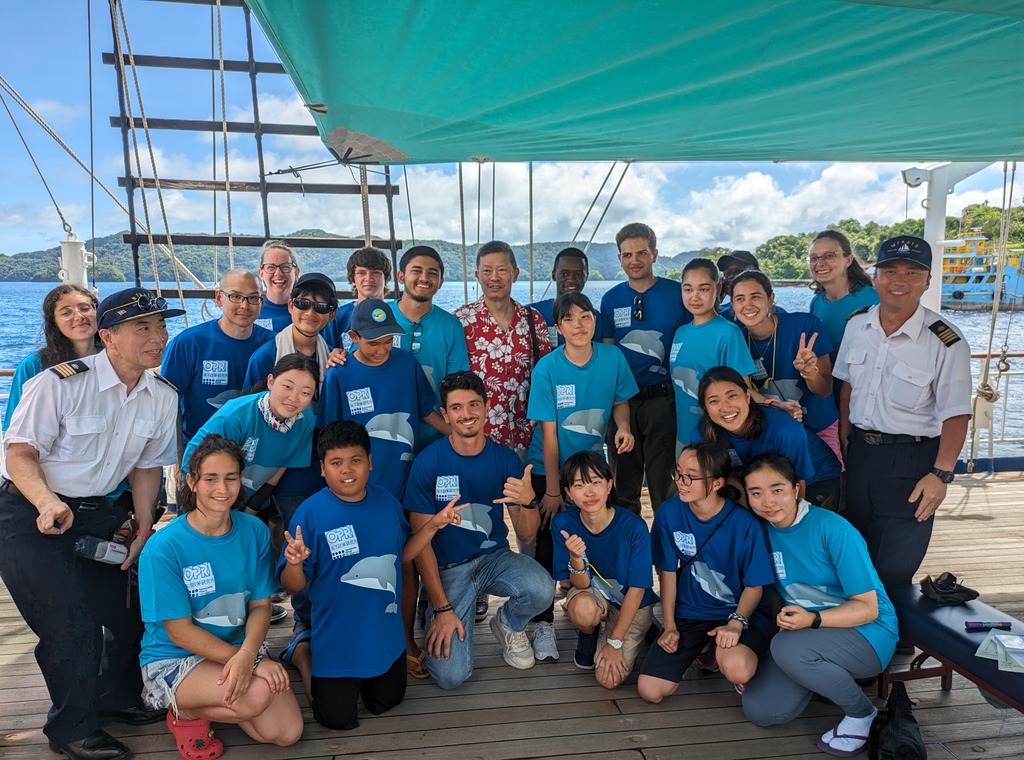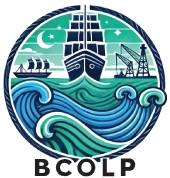Dr. Nishara Mendis
In the coming decades, two critical areas which require progress in the Bay of Bengal region are women’s socio-economic rights and the sustainable development of ocean resources. It is not often that the interconnections between these two areas are recognized. Yet, being one half of humankind, women are also 50% of (mostly untapped) potential for contribution towards sustainable development in the region. There have been various economic estimates that gender parity would boost economic growth and that the Blue Economy would provide new opportunities in established sectors, such as fisheries and aquaculture, and create exciting new sectors, including R&D, oceanography, renewable energy, stock assessment of marine resources, and marine biotechnology. The Blue Economy has been defined as a “sustainable ocean economy”(1) and as requiring the promotion of “smart, sustainable and inclusive growth and employment opportunities within the Indian Ocean region’s maritime economic activities.”(2)
The existing regional intergovernmental arrangements among States bordering the Bay of Bengal could be suitable forums for developing policy and action plans on the role of ‘Women in the Blue Economy.’ This would be in line with States’ responsibilities to implement the Sustainable Development Goals, particularly SDG14 (to conserve and sustainably use the oceans, seas, and marine resources for sustainable development) and SDG16 (to promote peaceful and inclusive societies for sustainable development, provide access to justice for all and build effective accountable and inclusive institutions at all levels).
Identified among the list of the top 20 ‘fisheries sensitive’ States in the world are the South Asian States of India, Bangladesh, and Sri Lanka.(3) ‘Fisheries sensitive’ for the purposes of the Food and Agriculture Organization (FAO) refers to both nutritional and economic dependency.(4) According to the FAO global statistics, 90% of the fisheries sector employment is small-scale fisheries, 84% of all fishers and fish farmers were in Asia, and 21% of fisheries and aquaculture workers are women.(5) Small-scale fisheries support millions of families but are under threat from stock depletion due to industrial fishing fleets, large-scale aquaculture, environmental degradation and coastal development, which threatens fishery livelihoods and mega-development projects, including port expansion or mining. The 2015 FAO Voluntary Guidelines for Small-scale Fisheries in the Context of Food Security and Poverty Alleviation (SSF Guidelines) take a human rights and gender equity approach to protect small-scale fishers. The SSF guidelines also include commitments that should be undertaken to increase women’s participation.
At the margins of society in most States are the people in the fisheries sector, and within that group too, women are generally unseen. Women’s labour in fisheries is insufficiently documented and unequally remunerated. In the discussions of livelihood and poverty alleviation for those employed in the fisheries sector, there remains insufficient participation and voices of the marginalized workers, particularly women.(6) Furthermore, gender stereotypes continue to be strong and, therefore, could limit access to economic independence for women in some patriarchal communities. When it comes to women’s economic empowerment, the lack of relevant education, capacity-building and training for participation has already been recognized (for example, in the IORA Action Plan 2017-2021). However, the barriers to developing this capacity clearly include the continued cultural enforcement of stereotypical gender roles, which prevent participation, as well as underlying discriminatory practices in employment or business financing contexts, as well as the lack of general safety and security for women. UNWomen in 2020 released a baseline report on the challenges for women’s participation in traditional and industrial fisheries, and aquaculture in Indian Ocean Rim Association (IORA) countries.(7) This report emphasized the need for a foundation of general gender equality measures and comprehensive gender-based reforms of labour law and policy for progress in this area.
The areas of marine technology, business and investment, especially the potential for developing seaports, shipping, and seabed exploration, are all considered male-dominated fields. In 2021, the World Maritime University launched a research and capacity-building programme named “Empowering Women for the UN Decade of Ocean Science for Sustainable Development”(8) to promote gender equality and leadership in both ocean science and governance systems related to the implementation of ocean sciences. Women rarely hold positions of management and authority in these sectors. More detailed data gathering and analysis on the role of women in these ‘high technology’ fields is needed for targeted policy development, but an outline of the issue is already apparent in recent reports and studies.
States in the region have ratified and are in the process of implementing various international standards on gender equality with varied degrees of success. Can regional bodies guide the progress towards a gender-inclusive Blue Economy? Currently, the relevant intergovernmental cooperative frameworks are:
- South Asian Association for Regional Co-operation (SAARC)
- The Indian Ocean Rim Association (IORA)
- The Bay of Bengal Initiative for Multi-Sectoral Technical and Economic Cooperation (BIMSTEC)
- The South Asia Seas Programme led by the South Asia Cooperative Environment Programme (SACEP).
- Bay of Bengal Large Marine Ecosystem (BOBLME) Strategic Action Plan (SAP)
SAARC includes India, Pakistan, Bangladesh, Sri Lanka, the Maldives, Bhutan, Nepal, and Afghanistan. While SAARC identified the environment and development as topics for regional cooperation and there are collective declarations of policy positions, it has not been providing sufficient action in this area. In the Kathmandu Declaration of 2014, SAARC countries reaffirmed the Sustainable Development Goals (SDGs) and the need for partnership for the Blue Economy. Bangladesh has taken the initiative to incorporate this position into domestic law through Section 7F of the Territorial Waters and Maritime Zones (Amendment) Act, 2021.
IORA is a regional organization of 22 member Asian and African states that border the Indian Ocean (excluding Pakistan) and nine dialogue partners (China, France, Japan, the USA, Germany, the UK, Egypt, Turkey, and South Korea). IORA affirmed in 2017 through the ‘Jakarta Declaration on the Blue Economy’ that the Blue Economy should be in accordance with both the United Nations Convention on the Law of the Sea (UNCLOS) and SDG14.(9) Previously, in its 2015 Mauritius Declaration on Blue Economy, IORA recognized the need for improved governance structures for implementation,(10) and this can be identified as a vital part of successful implementation.(11)
BIMSTEC includes Bangladesh, India, Sri Lanka, Myanmar and Thailand, as well as Nepal and Bhutan. The Blue Economy is a priority topic for BIMSTEC countries, as recognized at the 19th BIMSTEC Ministerial Meeting held on 9 March 2023.
SACEP consists of the five South Asian States with coastlines, as well as the landlocked States of Afghanistan, Bhutan, and Nepal. SACEP objectives include the protection, management and enhancement of the environment and it is also the Secretariat for implementing the South Asian Seas Program (SASP). One of the SASP action areas is ‘Human Resources Development through Strengthening Regional Centres of Excellence.’(12) There is an opportunity here to support women’s participation and leadership roles and a gender policy.
The Maldives, India, Sri Lanka, Bangladesh, Myanmar, Thailand, Indonesia, and Malaysia are the partners in the Bay of Bengal Large Marine Ecosystem (BOBLME) Strategic Action Plan (SAP 2014) carried out with the UN Food and Agriculture Organization (FAO). This SAP is significant for having included a gender audit and initiating gender mainstreaming strategies,(13) something that should be followed by the other regional cooperation frameworks as well.
The abovementioned intergovernmental bodies and cooperative arrangements are only basic foundations with slow developments when it comes to concrete actions. Yet, the clarity of priorities and the effective use of these forums could result in domestic governmental laws and policies and thus propel progressive change for greater gender equality and participation. The discussions by government officials, policy plans and funded programmes on the Blue Economy must integrate gender into their work and strategize accordingly. An inclusive Blue Economy model must generate wealth for women as individuals so they can contribute towards the economic well-being of their families and/or communities. Professionals currently engaging with Blue Economy themes in the regional context should also be aware of the mostly unseen women and their potential and include these perspectives in their research and work. Encouraging young women’s education and promoting careers in the Blue Economy should be implemented from now onwards.
Friendly diplomatic relations and the development of common positions for law and policy have encouraged the countries of the Bay of Bengal region to strive together for common goals. There is clear potential for countries in the region to develop more robust intergovernmental cooperation for sustainable development and gain the potential benefits of the ‘Blue Economy’ for all.
Dr. Nishara Mendis, LLB (Hons. Colombo), LLM (Yale), PhD (Maastricht), is an independent researcher and consultant in international law and an Attorney-at-Law in Sri Lanka. She was formerly a Senior Lecturer at the Department of Public and International Law, Faculty of Law, University of Colombo, Sri Lanka, where she taught international law topics, including Law of the Sea.
[This article achieved the third position in the 2023 Law of the Sea Blog Competition, hosted by BCOLP in memory of Professor M. Habibur Rahman (1946 – 2022).]
Notes:
(1) Attri, V.N., Bohler-Mulleris, Narnia Eds., (2018), “The Blue Economy Handbook of the Indian Ocean Region”, Africa Institute of South Africa.
(2) IORA, Blue Economy, < https://www.iora.int/en/priorities-focus-areas/blue-economy >. See also World Bank Group (2016) “Oceans 2030: Financing the Blue Economy for Sustainable Development; Williams, Mariama (2023) “Financing the Blue Economy: Impacts and Implications for Gender Equality and Women’s Empowerment in the global South”, DAWN.
(3) FAO (2022). The State of World Fisheries and Aquaculture: Towards Blue Transformation; FAO (2020) The State of World Fisheries and Aquaculture: Sustainability in Action.
(4) FAO (2020) The State of World Fisheries and Aquaculture: Sustainability in Action.
(5) FAO (2022). The State of World Fisheries and Aquaculture: Towards Blue Transformation; FAO (2020) The State of World Fisheries and Aquaculture: Sustainability in Action.
(6) Galappaththi, M., Armitage, D., & Collins, A. M. (2022) “Women’s experiences in influencing and shaping small-scale fisheries governance. Fish and Fisheries, 00, 1– 22. https://doi.org/10.1111/faf.12672.
(7) UNWomen (2020), “Women’s Economic Empowerment in Fisheries in the Blue Economy of the Indian Ocean Rim: A Baseline Report”.
(8) https://oceandecade.org/actions/empowering-women-for-the-united-nations-decade-of-ocean-science-for-sustainable-development/.
(9) IORA, Blue Economy, < https://www.iora.int/en/priorities-focus-areas/blue-economy >; IORA Action Plan 2017 – 2021 on Blue Economy and Women’s Economic Empowerment.
(10) The IORA Jakarta Declaration on the Blue Economy (2017) <https://www.iora.int/media/8218/jakarta-declaration-on-blue-economy-final.pdf>.
(11) Doyle, Timothy (2018), “Blue Economy and the Indian Ocean Rim,” Journal of the Indian Ocean Region, Volume 14, 1-6.
(12) SACEP, South Asia Co-operative Environment Programme, (2021) <http://www.sacep.org/about-us>.
(13) FAO-BOBLME, 2015, Mainstreaming Gender in Large Marine Ecosystems, available online at https://www.boblme.org/documentRepository/BOBLME-2015-Brochure-06.pdf.
